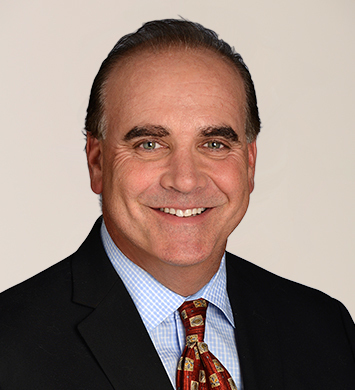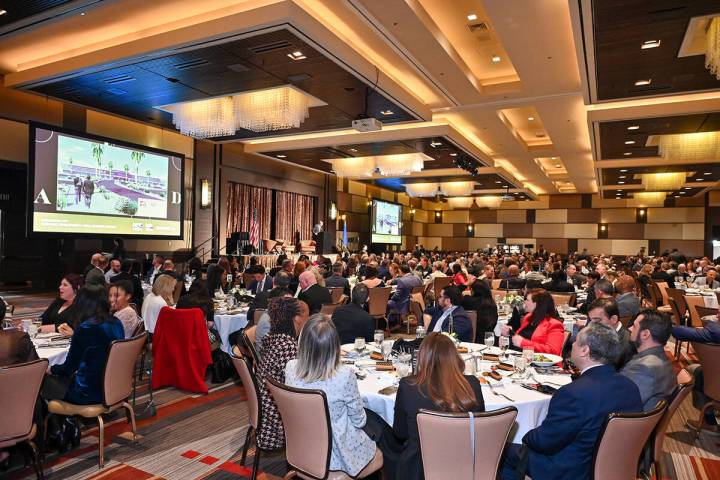
The return of the International Franchising Association convention to Las Vegas is still seven months away, but I’m already preparing. You should, too.
Given the state of our industry, the opportunities on display in Las Vegas should be epic. Whether you’re looking from the perspective of a franchisee, a franchisor or a supplier, now looks like the time to act.
Franchising is hot. Growth is at an all-time high.
Here are 10 contributing factors to consider:
1) The economy has improved. We’ve left the Great Recession behind. Investors and consumers are relaxing their hold on purse strings and that’s good for everybody’s business.
2) Capital is more readily available. Commercial lenders have more money to lend and are looking more seriously at small business loans. Whether you’re thinking of buying a single franchise unit or expanding, access to capital is a must.
3) The Small Business Administration is getting aggressive about lending and is embracing franchising. Yes, the Small Business Administration is working to fund startup operations and fund franchise growth. This is huge for our industry because almost half of all funding for franchisees comes through the SBA.
4) We’ve all learned from the recession. Wherever you are in your franchising career, you’ve seen that there no “gimmes” — you can’t assume what works today will work tomorrow. The experience reminds us to sharpen our pencils and mind the details.
5) A new crop of professional managers is eyeing franchising. Some were executives displaced during the downturn. Some didn’t like what was happening to their industry. Others jumped ship because they didn’t like what corporate life had become. They like the idea of being their own boss and bring the skills and access to capital to make it happen.
6) Silver-haired entrepreneurs promise to change to our industry. Some who saw their retirement fund decimated rethought what retirement meant. Sixty-five is the new 50. And franchising offers a flexible framework. Franchisees who are owner-operators have an income advantage, but the franchise business model makes it possible for part-time operators — call them semiabsentee owners — and passive investors to thrive, too.
7) There’s a revolution on the franchisor side. The number of franchising concepts has doubled in recent years to more than 3,000 today. The range of franchise systems runs from just a few to thousands of locations both domestically and internationally. There is fantastic diversity in investment requirements and business models.
8) Analytics are simplifying managing one franchise units or dozens. Want to track the waste in french fries? There’s a technology that will help. Want to track employee theft? There’s a technology for that. Cash flow? There’s a platform for that. No longer is scale a challenge. Technology is making these essential franchising functions easier.
9) Social media is powerful. Getting a sales message in front of consumers has never been easier or cheaper. The only limiting factor is creative messaging and the time you’re willing to invest.
10) Franchising’s overall health. Nothing beats success and that’s just what we’re seeing across the nation and around the world. Previous results are not a predictor of future success, as financial advisers say. But strong growth and return on investment suggest franchising is the place to be.
I do a lot of work with what we call emerging franchises – those moving from a small, perhaps regional system to a larger, national footprint.
Scaling a successful business through franchising may seem like a natural strategy but it isn’t right for every business owner. We consider key indicators such as operating margins and market reception. We weigh entry point capitalization and unit economics. We look at real estate costs and the ability to value engineer the brick-and-mortar business models. We consider the availability of key resources – including employees – in the proposed new market.
Still, expanding your business via franchising means shifting from B-to-C mindset to both a B-to-C and B-to-B mindset. You’re no longer focused exclusively on selling products and services; you’re the corporate voice, negotiating with suppliers across the nation, ensuring quality standards, onboarding, training and supporting franchisees.
Then there’s the cost of becoming a franchisor. Expanding requires capital. Franchising carries legal, accounting, consulting and infrastructure development costs.
In the final analysis, one of the largest factors is the business owner’s mindset. Franchisors trying to go from, say, a dozen locations where they can touch all the moving pieces often are not ready to cede the control necessary to build and manage a successful franchise system. There are the inevitable rubs with franchisees who want to do it their way, not the way you built the business.
But no matter where you are in life, you owe it to yourself to take a fresh look at buying that first unit, scaling your existing business through franchising or expanding your franchise empire. Start your homework now and be ready to deal when the convention comes to Mandalay Bay Jan. 29-Feb. 2.
Larry Schwartz is a principal and senior consultant in the franchising practice at Armanino LLP. Schwartz has a quarter century of experience in the franchising industry, as a master developer, a vice president of a 1,500-unit franchise firm and as a consultant. He is based in Los Angeles and is a frequent moderator and panelist at industry conventions. Armanino is the largest independent auditing and consulting practice in California. Reach Schwartz at larry.schwartz@armaninoLLP.com.






